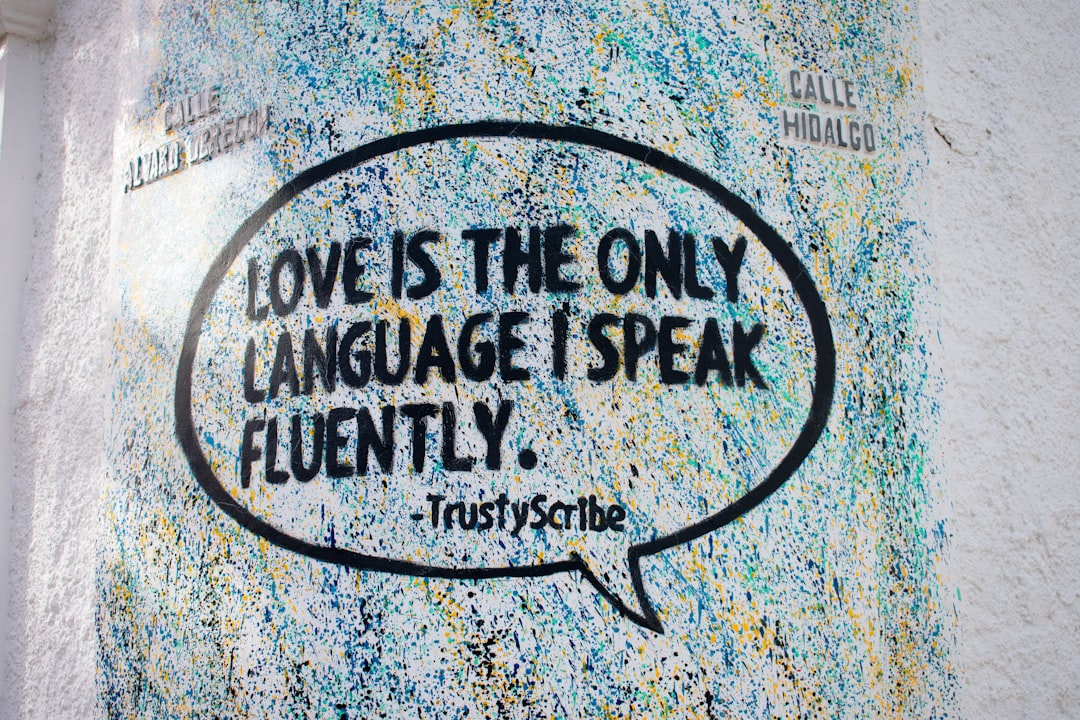
I’m sure many of you have heard about Gary Chapman’s book on Love Languages. It has sold 20 million copies, been translated into nearly 50 languages, and has been used by couples and parents all over the world. The five love languages are:
words of affirmation
quality time.
receiving gifts.
acts of service.
physical touch.
Several months ago, I took our family through the “five love languages” and got everyone in the house to rank their own preferences for love and affection being shown to them. But I also had everyone in the house try to guess the order of love languages for each individual member.
It was a lot of fun!
In most cases, the family as a whole was successful in guessing the top 2-3 love languages for each person in the house. It was instructive for everyone learning how each member of the family likes to be loved.
My love languages are in order are:
Physical touch.
Acts of service.
Words of affirmation.
Receiving gifts.
Quality time.
My family picked up 1 and 2 easily because I compulsively hug or high-five kids whenever I walk passed them. They find it onerous, like, “My gosh Dad, that’s like the third hug today, seriously dude, you have issues.” So I try to restrict each child to one hug per day. I also like acts of service, so rather than buy me crap for my birthday, I’d prefer if you just washed and detailed my car.
What is funny and weird is that my wife is the exact reverse of my order of love languages, for her, 1 is quality time, and 5 is physical touch. She likes doing things together, but isn’t really into cuddling up on the couch to watch a movie. But we agree on 3, words of affirmation.
Now, the Five Love Languages have been a very big hit in church circles, but they have become something of a thing even in wider society. That should be unsurprising because anything that helps people improve love and relationships is always going to be popular.
So I was very interested when the ABC did an article on Chapman’s book about love languages.
Basically the article says that there is no scientific basis for the love languages as a way to improve your love life, but that is not to say that it is without merit as a relationship tool.
Three studies, including one that used Chapman's Love Language Quiz, have found that couples with matching love languages were no more satisfied than couples who were mismatched.
However, a more recent study found that partners with matching love languages experienced greater relationship and sexual satisfaction than partners with mismatched love languages. This research also found that men who reported greater empathy and perspective-taking had a love language that better matched the language of their partner.
Finally, what does the research say about whether having a better understanding of your partner's love language is linked to higher relationship satisfaction? Only two studies have investigated this question. Both found that knowing your partner's primary love language did predict relationship satisfaction in the present or into the future.
So there you go, the love languages are genuinely useful even if they are not clinical tools for relationship longevity predictions.
What about you, did you know about the Five Love Languages, were they a thing in your church, have you found them useful?


I found it somewhat helpful; I was concerned about recommending it because of the lack of data. It is good to hear that there are some.
I read the first book many moons ago. The first chapter was useful, but like many quasi-Christian books, the rest of it seemed to just repeat itself. But there speaks the ex-civil engineer, and most of us are somewhere on the low-autism spectrum! My wife and other friends thought it OK through excellent, but I guess I'm not wired that way. I didn't read any of the sequels, but am waiting for '5 love languages for your pet' to try and understand our budgie!!!!